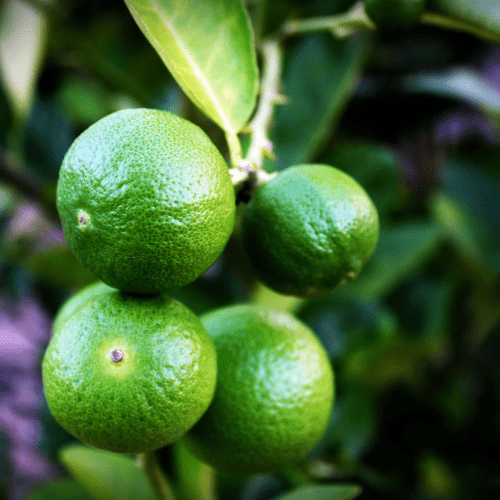Position
Full sun (or, if no other option, partial shade) with about 4 metres to allow space for growth. If you’re planting it in a pot, a minimum pot size of 75 litres is required.
Size
Cara Cara trees can grow 6 metres high and about 3.5 to 4 metres wide. These trees can bear fruit for more than 50 years with proper care. Trees planted in the garden will be more productive and outlive those in pots.
Soil Type
Cara Cara orange trees are not particularly sensitive to different soil types but need good drainage. If your soil is particularly deficient in primary nutrients, consider adding manure or compost to boost it. Do not add nitrogen when planting. It should only be added to the soil of well-established Cara Cara trees if and when necessary.
Mulch
These sweet orange trees thrive with some mulch, but do not apply it too close to the tree trunk and its primary roots. Whether your tree is young or well-established, it will benefit from 2 to 5 centimetres of mulch in the form of wood chips, pine needles, leaves, or straw. This mulch protects the roots from UV damage and drying out, retains moisture, and maintains an optimal pH.
Watering
Water your outdoor Cara Cara tree twice weekly for the first month. Then, reduce to about 5 litres of water once a week, particularly during the hottest times of the year. Avoid over-watering your plant. Indoor plants need less watering than those in your garden.
Fertilising
The Cara Cara trees will thrive with a fertiliser. Apply one teaspoon of our slow-release fertiliser every 4-5 months; even though it is called berry fertiliser it is for all plants/trees.
Pruning
While these trees don’t require pruning until they are between 4.5 and 6 metres high, they tend to do best (in terms of producing fruits) when they are kept at about 2 to 2.5 metres high.
Pest and Disease Management:
It is important to watch out for pests like aphids, scale insects, and mites. Remove leaves that are bubbly and dispose of them immediately. We recommend Effective Microorganisms to prevent the spread of these pests and diseases. Hose the tree first, to remove the aphids, and then spray well with EM Control. As they tree grows larger it will be healthy and pests will be a thing of the past.
Harvesting
The navel oranges will begin as sweet-smelling flowers. These are pollinated by bees and then produce the fruit. This fruit may turn a beautiful yellow-orange colour long before they are ready to be plucked from the branch. Try to leave it for a few weeks, even months. Take a sample of one fruit. When it is sweet and juicy, the rest that looks the same are ready to be picked and enjoyed.






